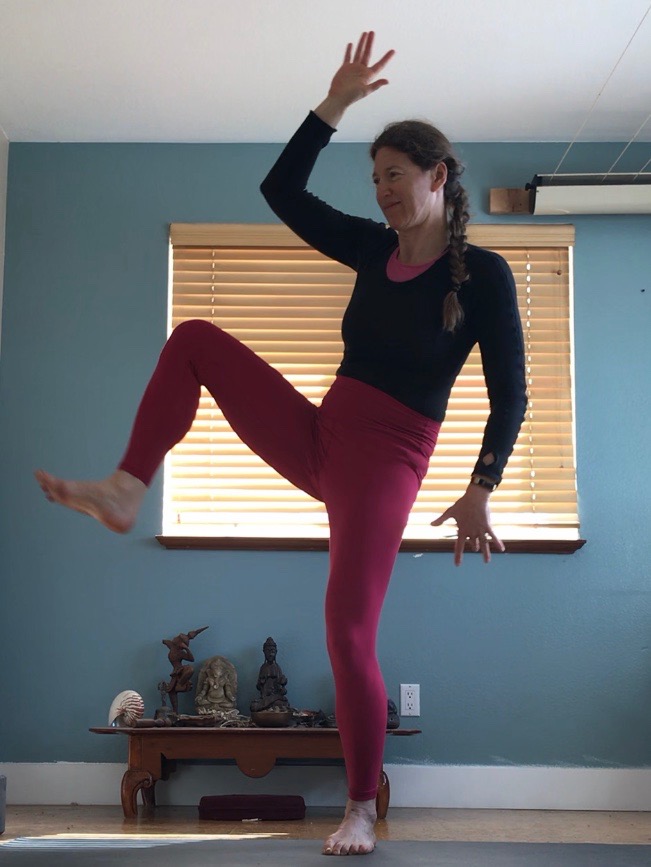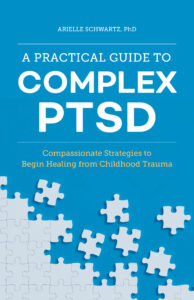
Something beautiful happened. Several hundred people showed up online from around the world to focus on building resilience during Covid-19. From Slovenia, Turkey, Dubai, New Zealand, UK, Sweden, France, Germany, Canada, and across the US.
It just blew my mind…all of us connecting around our shared experience. The fear, the loneliness, and the profound resilience that is within us as we come together as a collective, with an intention to support each other with compassion.
If you would like you can watch the recording. You’ll find it below.
If you have a history of trauma (and even if you don’t), you might feel triggered when reading the news or as a result of social isolation. Within the webinar, we explore why the current crisis might evoke feelings of fear and instability related to past trauma. This online gathering is to support you to stay grounded and centered while facing a frightening and rapidly changing world.
I shared practical tools drawn from somatic psychology, EMDR, parts work therapy, and yoga to help you connect to your resources and strengthen your resilience during Covid-19. Through this virtual safe space, join our community to enhance your resilience.

We don’t have to wait until after a crisis has passed in order to claim our mental, emotional, and physical wellbeing. In fact, coping with difficult times asks us to focus on our health each and every day (even if that must be accomplished from your home).
Resilience is defined as the ability to flexibly adapt to challenging, adverse, or traumatic life events. Resilience is not a trait that you either have or do not have; rather, it is a set of strategies that can be learned and practiced.

As a process, you learn to turn toward uncomfortable emotions and sensations. You have an opportunity to realize that feeling and expressing painful emotions is part of the path of self-discovery. Being resilient does not mean that you won’t experience difficulty. Rather, it means that you can cultivate the skills needed to respond effectively to difficult experiences. You learn to break down overwhelming experiences into smaller, more accessible chunks, which allows you to gradually process painful events. You learn to attend to difficult life events without allowing them to define you. In this way, you expand your lens to focus on possibilities instead of just problems.
As an outcome, resilience involves experiencing yourself as capable of handling life’s challenges. Turning toward pain builds character. It provides you with an opportunity to realize that you are stronger than you previously believed. As you feel stronger, you are more likely to see yourself as able to bring your gifts and contributions to the world. In turn, you are more likely to accept yourself as you are, have an increased appreciation for life, develop new interests or passions, and discover a new spiritual framework for your life. Just as the phoenix rises from the ashes, you have the capacity to rise again.
View above, or click here to watch the webinar!

The tools in this webinar on resilience during covid-19 are drawn from The Post Traumatic Growth Guidebook: Practical Mind-Body Tools to Heal Trauma, Foster Resilience, and Awaken your Potential. Within the pages of this book, you will have many more resources to help you connect to your inner strength and wisdom. This book invites you to see yourself as the hero or heroine of your own life journey. A hero’s journey involves walking into the darkness on a quest for wholeness. This interactive format calls for journaling and self-reflection, with practices that guide you beyond the pain of your past and help you discover a sense of meaning and purpose in your life. Successful navigation of a hero’s journey provides opportunities to discover that you are more powerful than you had previously realized. Click here to order the book on Amazon.

As a compliment to the Complex PTSD Workbook, A Practical Guide to Complex PTSD: Compassionate Strategies for Childhood Trauma, is meant to provide compassionate support for the process of healing from childhood trauma. You can think of it as a lantern that will illuminate the dark spaces and provide a sense of hope in moments of despair. The practical strategies you will learn in this book are taken from the most effective therapeutic interventions for trauma recovery. You will learn the skills to improve your physical and mental health by attending to the painful wounds from your past without feeling flooded with overwhelming emotion. My wish is to help you discover a new sense of freedom. The traumatic events of your past no longer need to interfere with your ability to live a meaningful and satisfying life. Click here to Order on Amazon.

Dr. Arielle Schwartz is a licensed clinical psychologist, wife, and mother in Boulder, CO. She offers trainings for therapists, maintains a private practice, and has passions for the outdoors, yoga, and writing. She is the developer of Resilience-Informed Therapy which applies research on trauma recovery to form a strength-based, trauma treatment model that includes Eye Movement Desensitization and Reprocessing (EMDR), somatic (body-centered) psychology and time-tested relational psychotherapy. Like Dr. Arielle Schwartz on Facebook,follow her on Linkedin and sign up for email updates to stay up to date with all her posts. Dr. Schwartz is the author of four books:DThe Complex PTSD Workbook: A Mind-Body Approach to Regaining Emotional Control and Becoming Whole (Althea press, 2016)

Arielle Schwartz, PhD, is a psychologist, internationally sought-out teacher, yoga instructor, and leading voice in the healing of PTSD and complex trauma. She is the author of five books, including The Complex PTSD Workbook, EMDR Therapy and Somatic Psychology, and The Post Traumatic Growth Guidebook.
Dr. Schwartz is an accomplished teacher who guides therapists in the application of EMDR, somatic psychology, parts work therapy, and mindfulness-based interventions for the treatment of trauma and complex PTSD. She guides you through a personal journey of healing in her Sounds True audio program, Trauma Recovery.
She has a depth of understanding, passion, kindness, compassion, joy, and a succinct way of speaking about very complex topics. She is the founder of the Center for Resilience Informed Therapy in Boulder, Colorado where she maintains a private practice providing psychotherapy, supervision, and consultation. Dr. Schwartz believes that that the journey of trauma recovery is an awakening of the spiritual heart.